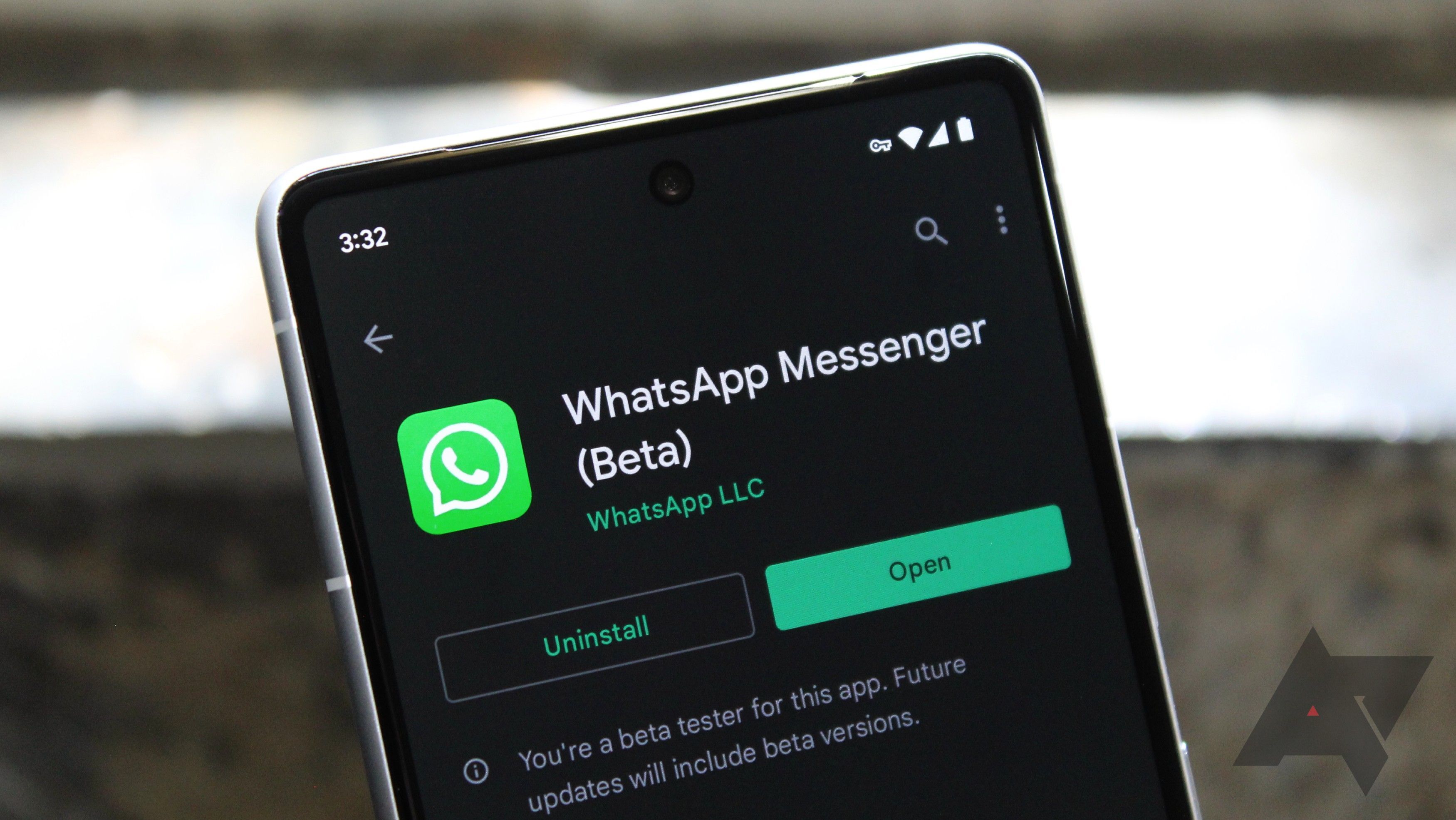SUMMARY
- The EU has identified WhatsApp as a gatekeeper in the messaging industry and has given it a few months to enable interoperability with other apps.
- The EU’s Digital Markets Act aims to promote fair competition and give consumers more options for alternative services.
- WhatsApp has already begun working on interoperability with other apps, potentially allowing smaller players like Signal to compete more fairly.



Meta writes the software that runs on the other end, and it’s closed source. Therefore for all we know, the message is end-to-end encrypted, and the moment it is decrypted on the other end Meta can send it back to their servers or use it for advertising. Unless the client at the end is open source and audited, E2E doesn’t mean much imo
Well, I think you’re the only one who thinks that E2EE doesn’t mean much.
No I think you’ve missed their point. E2EE is end-to-end encryption, as in the message can’t be intercepted in the middle but it’s unencrypted at the end so you can read it. Because the WhatsApp app is closed-source you don’t know that it doesn’t immediately read the message and send the content to Facebook. It probably doesn’t, but it could! E2EE itself means that some third party can’t read your message in transit, though to be fair closed-source again means we just have to trust Facebook when they say WhatsApp uses E2EE.
So, this isn’t quite as valid a fear as you seem to think. There will be a lot of very smart people analyzing the shit out of what the app appears to be sending to Facebook servers. True it’s closed source but that doesn’t mean it’s impossible to catch them doing fucked up shit. How do you think we currently know about things they do like this? Do you think Facebook told security experts just to be nice? Or do you think the experts figured this shit out on their own?
Sure, good point. But you do agree that it’s harder to trust something that explicitly hides from you what it is doing?
Oh I agree they’ll do every bad thing they can get away with. I just think they wouldn’t get away with decrypting the message and sending it straight to FB
I did get their point and what I’m saying is that back doors like this are discussed all the time and as of now, there’s no proof that they exist. To the contrary, we have information confirming that content of E2E encrypted messages is not available to government agencies. Claiming otherwise without proof is simply spreading disinformation.
If somebody hands me a black box, tells me what’s inside, how is the burden of proof on me? I have to trust them blindly until somebody proves that there is something bad in the black box? No, I ask for a transparent box in the first place.
WhatsApp being a black box means we don’t know how it’s doing things but we can still know a lot about what it’s doing and what it’s not doing. For example we know it has permissions to access all the contacts and we know when it’s accessing device location data. We also know from FBI documents that they can’t access content of E2EE messages or how much data it’s transmitting and when. It would be hard for Meta to transmit all received messages to their servers without anyone noticing. It’s good you prefer OSS but it doesn’t mean you can make wild claims about some security flaws like that.